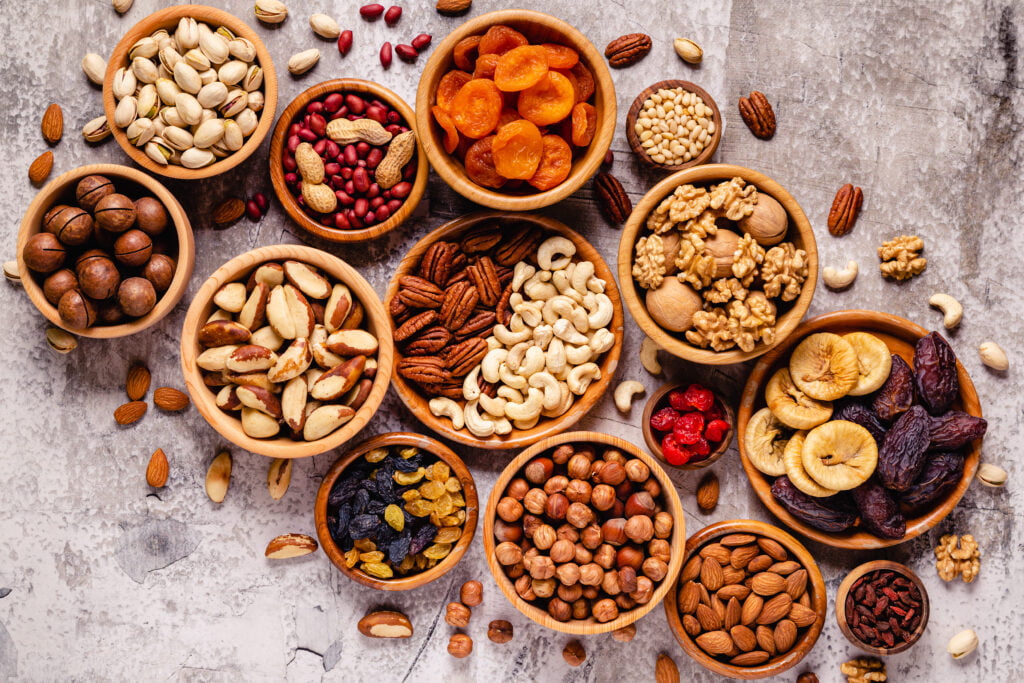Nutritionist Haifa Al Ajlan:
- Avoid restrictive diets: overly restrictive diets lower your metabolic rate, or the number of calories you burn, making it more difficult to lose weight. At the same time, they also cause alterations to your hunger and satiety hormones.
- Including protein with every meal: can help balance your blood sugar.
- Give your body a rest by fasting: Intermittent fasting may reduce energy intake and it may
- improve blood pressure, cholesterol levels, and heart health.
- Limit sugary drinks: Several studies show that sugar and sweetened beverages increase risk of heart disease and type 2 diabetes, even in people who are not carrying excess body fat.
- Eat nuts and seeds: some people avoid nuts because they are high in fat. However, nuts and seeds are incredibly nutritious. They are packed with protein, fiber, and a variety of vitamins and minerals. Also nuts may help you lose weight and reduce the risk of developing type 2
- diabetes and heart disease.
- Eat fatty fish: Fish is a great source of high-quality protein and healthy fat. Studies show that
- people who eat fish regularly have a lower risk for several conditions, including heart disease,
- dementia, and inflammatory bowel disease.
- Limit refined carbs: Refined carbs have been highly processed to remove their fiber. They’re
- relatively low in nutrients and may harm your health when eaten in excess. Studies show that
- a diet high in refined carbs may be linked to overeating, weight gain, and chronic diseases like
- type 2 diabetes and heart disease.
- A healthy gut is a happy gut: Eat foods that contain probiotics, which can aid digestion and create and maintain a good balance of healthy bacteria in your gut. Probiotics are found in natural foods like yogurt, kefir, kimchi, miso, sauerkraut, sourdough and, sometimes in dark chocolate.
- Eat your greens first: A good way to ensure that you eat your greens is to enjoy them as a starter.
- Drink enough water: Many studies have shown that drinking water between 6-8 cups per day, can increase weight loss and promote weight maintenance, and it may even slightly increase the number of calories you burn each day.
- Get a good night’s sleep. Sleep deprivation disrupts appetite regulation, often leading to increased appetite. This results in increased calorie intake and weight gain.
- Health Is About More Than Your Weight. Most people focus too much on weight gain or loss. The truth is that health goes way beyond that.
NUTRITION TIPS: Nutritionist Haifa Al Ajlan:
- Eat a balanced diet of Carbs, Protein, and Fats.
- Set – post workout goals.
- Know how to hydrate.
- Don’t forget micro nutrients, phytochemicals, functional ingredients and Rest.




